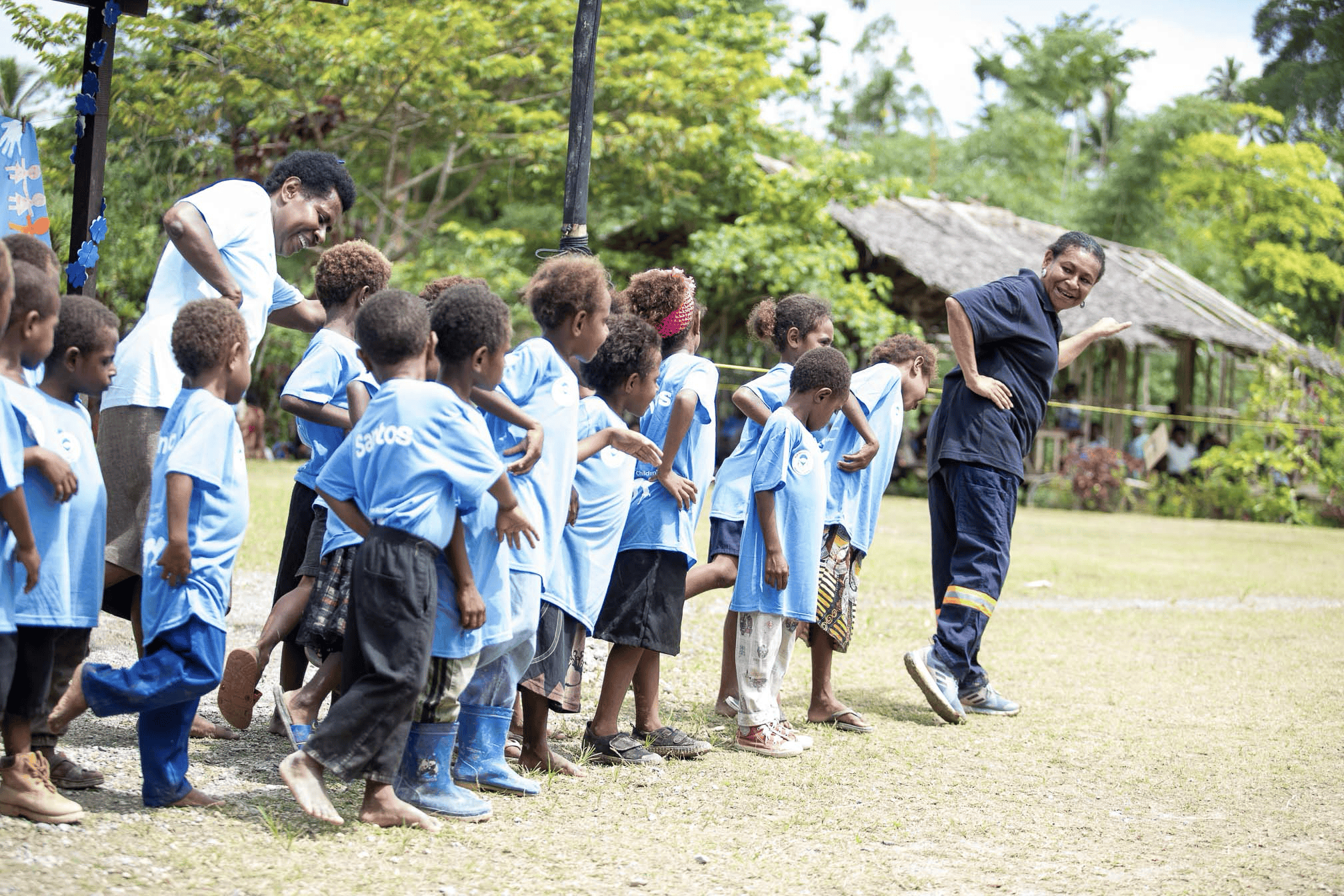
The infographic showing the positive outcomes of the health partnership supported by the Wok Bung Wantaim program in Hela Province.
Hela Province has recorded an increase in antenatal clinic visits by pregnant women and supervised births because of the provincial government’s investment to improve health infrastructure and health worker training with the support of development partners.
According to the electronic National Health Information System (NHIS) data, Hela saw a 20 percent increase in supervised births and antenatal clinic first visits in 2020.
The improvement came about because of the investments in skill development facilitated through the Wok Bung Wantaim initiative to achieve key performance indicators of the Hela Provincial Health Authority (PHA) and the National Department of Health.
Hela Provincial Hospital obstetrician Dr Sylvester Tati designed and delivered the six-month residential training program in Tari to 13 community health workers from nine remote health centres across the three districts of Hela province.
Dr Tati commended the health workers’ commitment to learning and upskilling themselves to better assist women to have healthy pregnancies and safe childbirth experiences.
“The community health workers, mostly women, had the support of their husbands, extended families and the community which is significant in the highlands culture that enabled them to complete the training program,” “The investment in only one student is important but the investment in 13 health workers will make a significant difference,”
Health facility renovations and equipment were jointly funded by the Papua New Guinea-Australia Partnership, Hela PHA health function grants, the church partnership, and the Koroba-Kopiago District Development Authority.
Since the establishment of the Hela PHA in 2016, the Board and the Executive Management Team identified health centre conditions and obstetrics skills as key areas for improvement and are working closely with partners to address them.
The partnership assisted Hela PHA to secure funding for health facility upgrades including through the introduction of the facility-based budgeting, which ensures the effective use of health grants and all operational funding.
Service agreements were also signed with church health facilities and district health managers for the renovation and building of new maternity wards and birthing rooms.

CHW Roselyn John: is one of 13 Community Health Workers (CHW) in Hela who was fortunate enough to receive training in midwifery, obstetrics, and gynaecology skills through the Hela PHA health worker training program.



